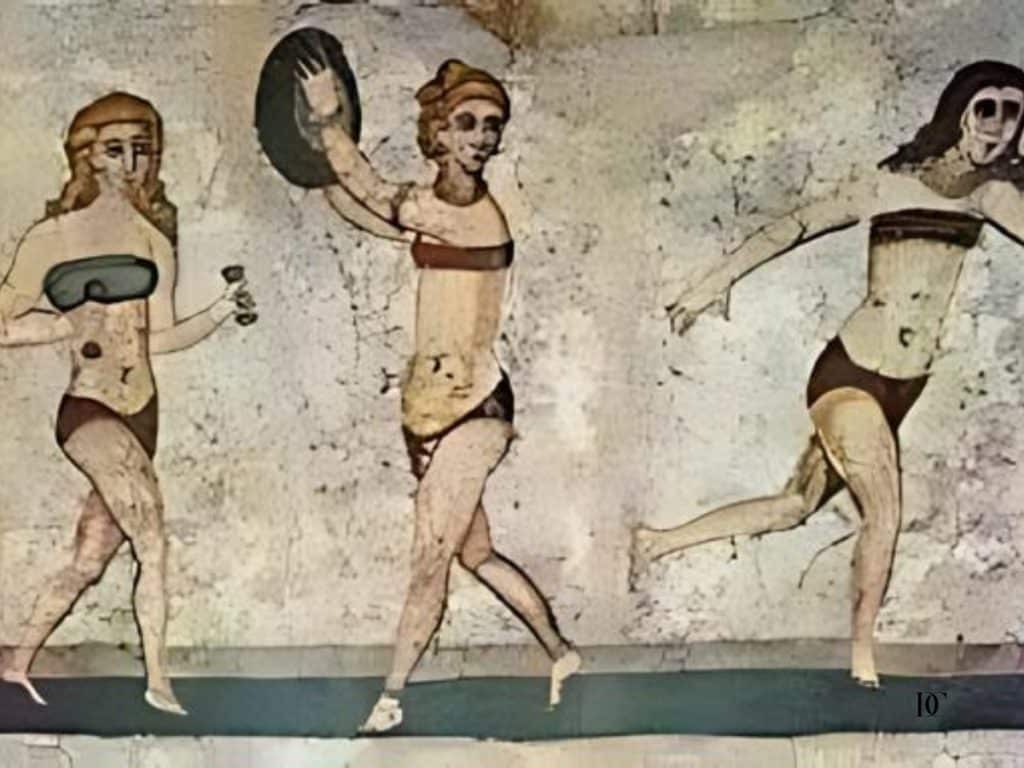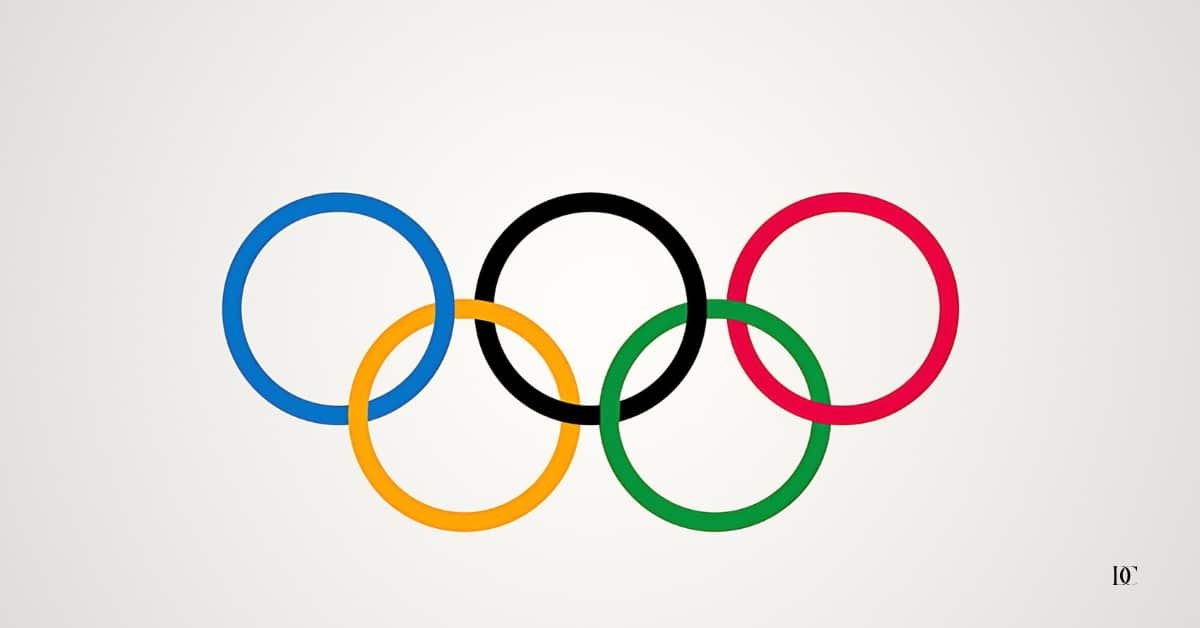The inaugural Olympic Games were held in Olympia and featured just one competition: a foot race. Subsequently, the first 17 Olympics focused exclusively on foot races. However, the 18th Olympics introduced new elements to the games, including the pentathlon and wrestling, adding variety to the competition.
It’s kind of funny that no one knows for sure how the Olympics got started. There are so many stories about it! Some people say it was all because of Zeus, while others think it was because of a hero named Pelops. We know that sports were a huge deal in ancient Greece, and the Olympics became the biggest and most important sporting event of all. Pretty neat, right?
The Early Olympics
The Olympic Games were held in ancient Greece from the first in 776 BCE until 394 CE when Emperor Theodosius I banned them. Early Christians did not support the Games, seeing them as tributes to paganism.
The early Olympics were held every four years. Unlike today, the Olympic Games were always held in the same place: Olympia. This city resided in the territory of Elis.
Also Read
Olympia was chosen for the site for several reasons. For one thing, it was the home of many major ancient temples. In fact, temples dating as far back as 660 BCE still exist at this site today —almost as old as the Olympics themselves!
The site was also very centrally located. Athletes from all over Greece participate in the Olympic Games. Olympia provided the best access for those from the Greek mainland, colonies across the Mediterranean, and as far away as Spain.
Unlike today, judges have all come from Elis’ territory since they hosted the Games. Even though all the judges were Eleans, they were still allowed to compete in the Games. The Eleans were considered so fair and honest that the idea of cheating by them could barely be conceived.
Truces were declared between warring city-states during the Olympics. No matter how violent the battles raging between them, they would all come together to compete peacefully at the Olympics. If the truce were broken, the Eleans had the authority to fine entire city-states and bar their athletes from competing.
Women in the Ancient Olympics
For the most part, women could not participate in the Olympic Games or even be spectators. This was because athletics was seen as a masculine pastime, as well as the fact that athletes appeared in the nude, and it was considered inappropriate for women to do this as well or even to watch it.

However, prohibitions against women did not exist during equestrian events. Women were allowed to ride horses and compete in chariot racing. A woman won the first chariot racing event ever held at the Olympics.
The End of the Ancient Olympic Games
The Olympic Games reached their peak in ancient Greece during the 5th and 4th centuries BCE. This was also the Golden Age of Athens, when ancient Greece was at its cultural and military height.
The Olympic Games continued after the conquest of Greece by Philip of Macedon and under the control of Alexander the Great, but they would never be the same. By the time of Greece’s control under the Roman Empire, the Olympic Games were no longer what they once were.
However, they were a continuation of a tradition that had been going on since 776 BCE. By the 4th century CE, it had been going on for over a thousand years.
By this time, the Roman Empire had become officially Christian. The Christianization of Rome began in the early 4th century when Constantine decriminalized the religion and became a Christian himself. His successors would make Christianity the official religion throughout the Empire.
The Olympic Games, a hallmark of Greece’s long pagan tradition, were finally ended by the Roman Emperor Theodosius I in 394 CE.
The Birth of the Modern Olympic Games
The decree of Theodosius I ending the Olympics could very well have been the end of its story. After all, a thousand years is a long time for a single competition to continue. However, it was not the end of the Olympics.
In 1887, Pierre de Fredi, Baron de Coubertin (1863-1937), conceived the idea of reviving the Olympic Games. He spent seven years scouring the world for support for his revival of this ancient competition.
His work bore fruit in 1894. At an international congress, the International Olympic Committee (IOC) was founded, and plans were put into motion for the first of the new Olympic Games.
The first modern Olympics were held in Athens, Greece, 120 miles east of Olympia, where the ancient games had been held in 1896. The turnout was quite small compared to today’s standards, with only 311 athletes representing 13 nations.
Since the Olympics’ rebirth, they have been held consecutively every four years, excluding three years: 1916, 1940, and 1944, when the world was engulfed in World Wars I and II.
Breaking from the ancient tradition of always holding the Olympics in the same place, it was decided that the Games would be held in a different city every four years. The original games were held in Athens, while the next was in Paris, France. This would allow all of the world’s countries a chance to host the Olympic Games.
The Evolution of the Modern Olympics
The original Olympics, held in Olympia, were composed solely of what we now consider the summer games: racing, chariot racing, wrestling, discus throw, etc.
The modern revival originally followed this same template, engaging in the same sports represented by their ancient predecessors. This changed in 1924 when the Winter Olympics were added. The Summer Olympics would be held during the summer months, and the Winter Games would be held in the winter so that all of the world’s various sports could be represented.
In 1986, a further change was voted upon regarding the Olympics. Starting in 1994 with the Winter Olympics, the Winter and Summer Games would be separated by two years. There would be four years between the Winter Olympics and four years between the Summer Olympics, but only two between the Winter and Summer Olympics.
From its meager beginnings with only 13 countries participating, the Olympics now boast well over 150 countries participating. Olympic Committees exist in countries worldwide, competing for their chance to host the Olympics.
The Olympic Games hold great significance in today’s world. Young individuals from various countries dream of one day participating in the Games. Although they have evolved significantly from their ancient origins, they continue to embody the spirit of global competition, promoting international unity and friendly rivalry.






